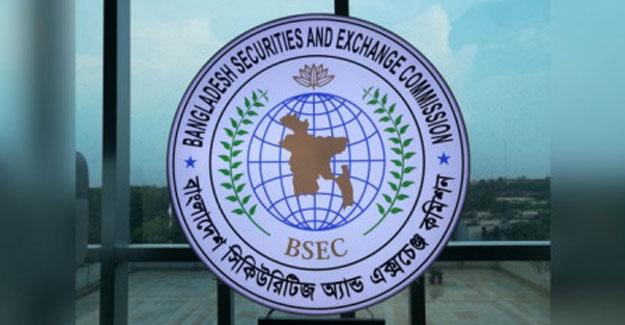
BSEC Tightens Rules For OTC Firms Willing To Come Back To SME, ATB Platforms
The securities regulator has tightened rules for the over-the-counter (OTC) firms heading for the small capital companies' (SME) platform or the Alternative Trading Board (ATB) to protect investors' interests. Sponsor-directors of such companies cannot buy, sell, transfer, transmit or pledge the company shares without prior approval of the regulator, said the Bangladesh Securities and Exchange Commission (BSEC) in its recent letter to local bourses. Also, the firms will not sell, transfer, mortgage, or dispose of any fixed asset without the prior approval of the commission. The two orders would help prevent unwanted moves by sponsor-directors abusing their positions within the firms for unfair gains at the expense of public shareholders, believe BSEC officials. Shareholders of Ashraf Textile were deprived after the company sold off its vast factory land stealthily while taking excessive bank loans against held shares also resulted in many sponsor directors' demotivation to serve the company honestly. Companies coming to SME or ATB platforms must ensure dematerialisation of at least half of their total shares, said the BSEC. A large number of the old companies kicked out of the stock exchanges' main platforms were yet to transform their paper shares into electronic ones. Sponsors and existing directors of the issuer companies will at all times jointly hold a minimum of 30% company shares, and each director will hold a minimum of 2% shares as per the commission's notification in 2019, said the BSEC. The firms will not be allowed to increase their paid-up capital by issuing bonus shares, without the consent of the commission. Without the regulator's prior consent, they will not be allowed to collect any share money deposits or loans from any existing shareholders. The commission also directed both stock exchanges to submit a progress report in these regards at the end of every month. Earlier in September 2021, BSEC issued a direction to start ATB and SME platforms by abolishing the OTC platforms. Whereas some of the companies are to be shifted to the SME platform, some others to the ATB, and some will exit from the stock exchanges securing regulatory approvals. Both stock exchanges started their SME platforms last year but could not start alternative trading boards yet. Although the stock exchanges are ready to start the ATB platforms for share trading. Four firms shifted to the SME platform after its launch. The commission decided that 10 firms would be shifted to the SME platform and 32 to alternative trading boards while 18 are in the exit plan. After that, the commission discussed with the companies separately and tried to ascertain the problems. The regulator took a business plan for making progress. The DSE launched its OTC in October 2009 with 51 companies. The companies were ousted from the mainboard to the OTC because of their underperformance or non-performance in business, failure to hold shareholders' annual general meetings over the years, and converting their shares into electronic ones instead of paper certificates. In the second phase, 29 more companies were sent to the OTC.
Textile Excellence
If you wish to Subscribe to Textile Excellence Print Edition, kindly fill in the below form and we shall get back to you with details.












